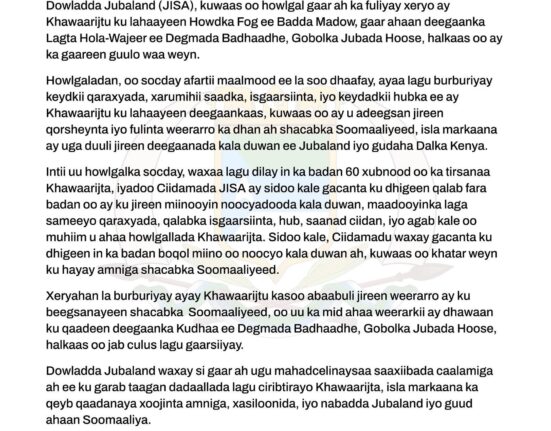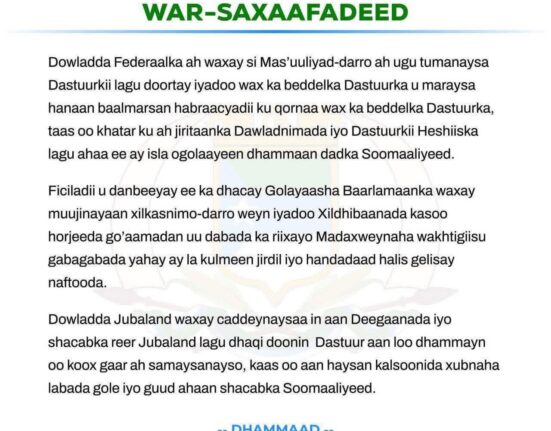When a region falls under the dominion of pen lords rather than war lords, the nature of power shifts from the visible violence of the battlefield to the subtler, yet equally corrosive, violence of the mind. War lords command through the immediate terror of armed force, leaving in their wake scorched earth, broken bodies, and the visible architecture of ruin. Pen lords, however, operate in the quiet chambers of bureaucracy, policy, and ink. Their weapons are decrees, reports, and signatures; their battlefields are the corridors of institutions. While war lords drain the lifeblood of a people through open conflict, pen lords can bleed a society slowly, imperceptibly, under the guise of order.
The cruelty of pen lords lies not in the clang of arms but in the silent erosion of trust, the bureaucratic strangulation of opportunity, and the moral taxation that robs communities of dignity. They excel in manipulating narratives, bending the written word to serve private gain rather than public good. Their corruption is less visible, but more insidious, for it masquerades as governance while hollowing out the very principles it claims to uphold. Where war lords fracture bodies, pen lords fracture the soul of a nation.
The harm they inflict is measured not in body counts but in disillusionment, wasted potential, and the slow suffocation of hope. They can impoverish both the treasury and the conscience, replacing moral clarity with moral bankruptcy. Under their reign, the ledger of history records not only fiscal deficits but also deficits of justice, empathy, and vision. In the hands of pen lords, a pen becomes a scalpel that carves away the moral flesh of a society while leaving its political skeleton standing. This is why their rule, though quieter than the roar of war, can prove far more enduring and far more devastating.
The Somali Region of Ethiopia must learn to discern the difference between those who wield the pen for the public good and those who use it as a silent weapon of exploitation. Not every signature is an act of service, and not every policy is born from the desire to uplift the people. Understanding this distinction is essential, for the region’s future will depend on recognizing whether the hand that writes serves the people or serves itself.
By . Prof. Mohamud Ahmed
Abiy Ahmed Ali Office of the Prime Minister-Ethiopia Addis Standard The Reporter








